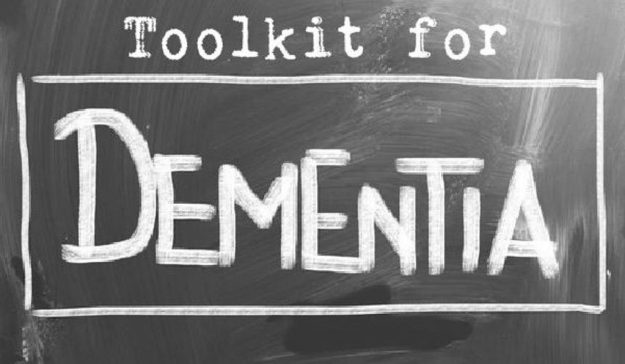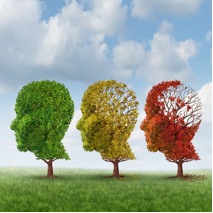Social Media for the Elderly for Improved Cognition
Social Media for the Elderly A study out of England and Italy found that when the elderly are trained in the use of social media and email, they perform better cognitively and experience improved health. Ironically, while social media has decidedly negative effects in teens, it is a very good thing for the elderly. As such…



